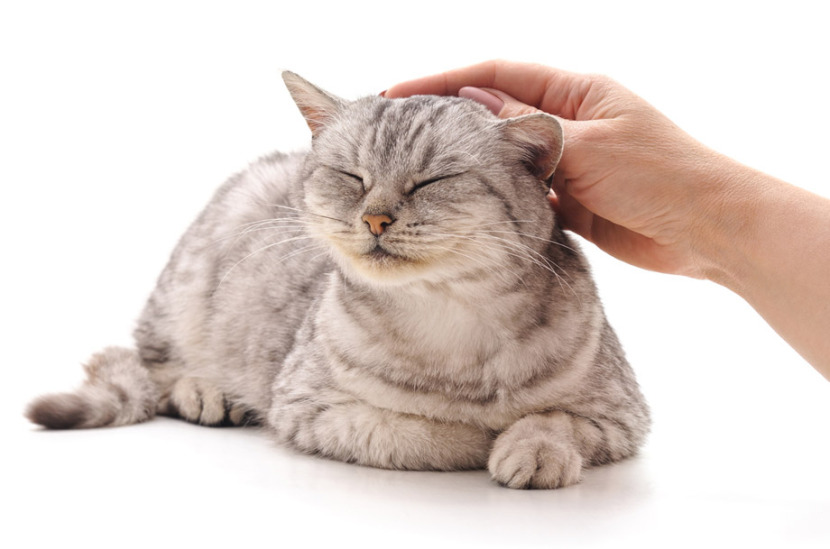Is Your Cat Sending You P-Mails?

Let's face it, getting P-mails is not the kind of communication you want to receive from a feline family member! Sadly, sometimes using P-Mail is the only way our kitties can get our attention.
Litterbox problems are quite complex because there are physical factors and environmental factors which contribute to this dilemma. If your veterinarian rules out physical causes, don't stop there! Environmental factors must also be thoroughly investigated so please don't give up.
Dr. Tony Buffington, DVM has spent much of his career focusing on the effects of the environment on pet health. He is a well-known and respected feline veterinarian specialist who is an emeritus professor of veterinary clinical sciences at The Ohio State University College of Veterinary Medicine, a clinical professor (volunteer) at the UC Davis School of Veterinary Medicine, and an honorary research fellow at the University of Bristol, School of Veterinary Sciences. He received bachelors, masters and PhD degrees in nutrition and the Doctor of Veterinary Medicine degree from UC Davis. His research has documented the effects of environmental stressors on disease in cats, and the role of effective environmental enrichment in mitigating them to promote recovery. Dr. Buffington has published more than 120 scientific papers, 30 book chapters, and 3 books.
He has studied the entire range of environments from boring to chaotic, and has concluded that the health impacts of the environment are significant. "Some incidences of heart disease, dental disease, gastrointestinal disease, kidney disease, thyroid disease, obesity and diabetes in cats appear to be significantly impacted by environmental factors." Dr. Buffington developed the idea that the environment contributes to cats' health issues, particular urinary tract problems, while a professor at Ohio State University.
"My view is that appropriate environmental enrichment is as important as vaccinations and satisfactory nutrition for prevention of illness." - Dr Tony Buffington
At one of his popular feline behavior seminars on idiopathic cystitis I attended, Dr. Buffington stated he feels the most successful behavior outcomes occur when there is a 3-member team approach, "kinda like a 3-legged stool: A cat-friendly veterinarian, a successful feline behaviorist and a compliant cat guardian!" The veterinarian takes care of the medical needs by identifying and treating any physical/medical issues; the feline behaviorist provides a customized, comprehensive treatment plan after doing a feline behavior evaluation and completing a thorough environmental analysis, including ideas for feline environmental enrichment. The cat guardian then implements their customized treatment plan while staying in contact with the feline behaviorist.